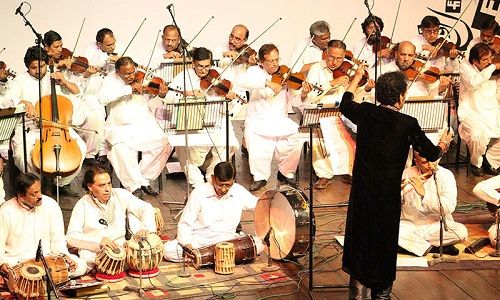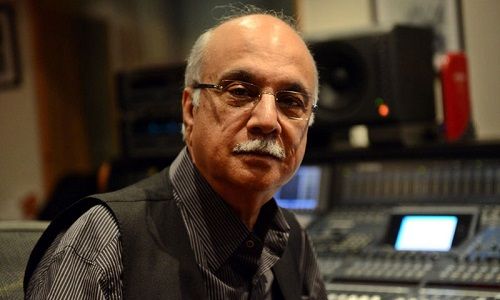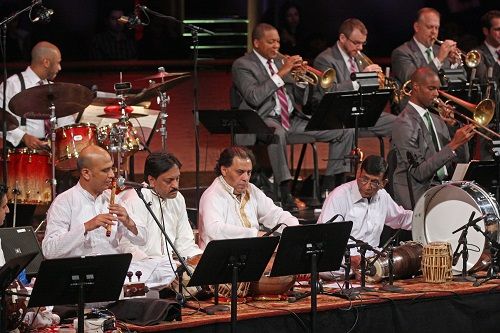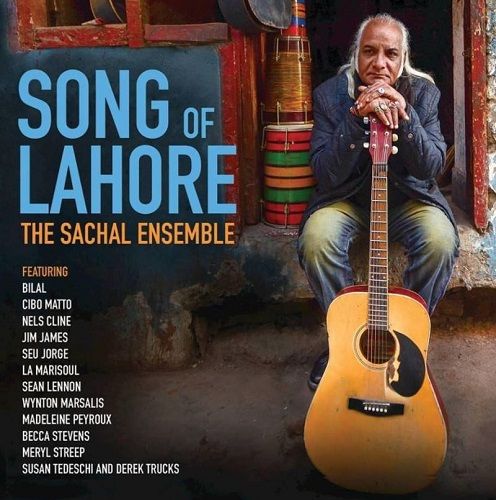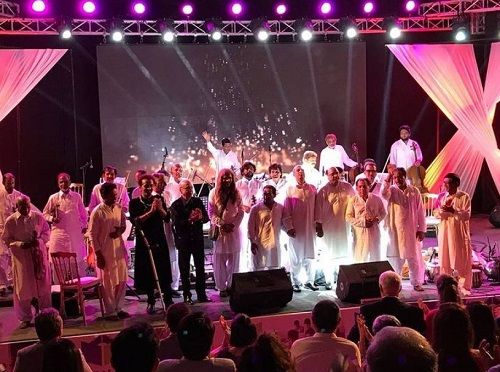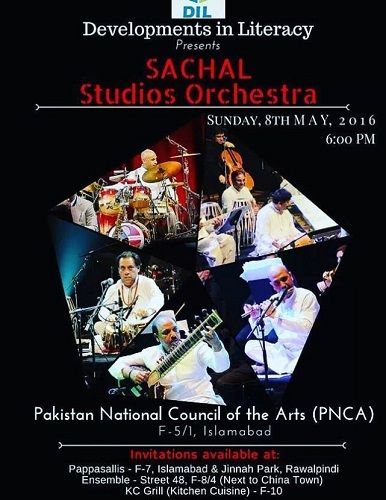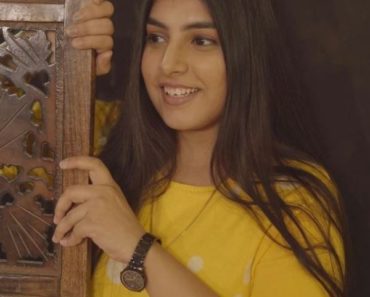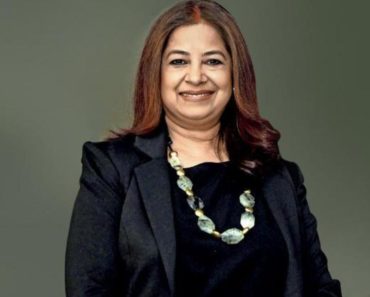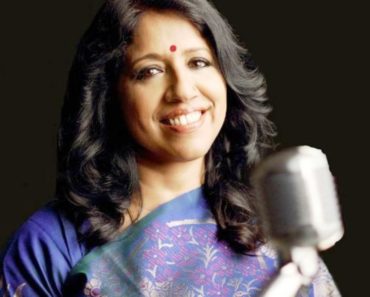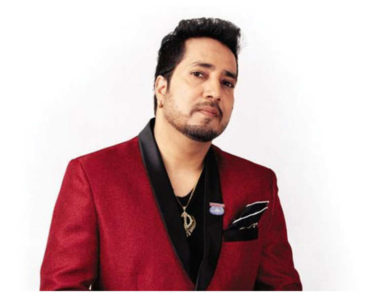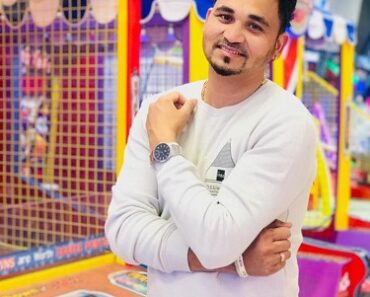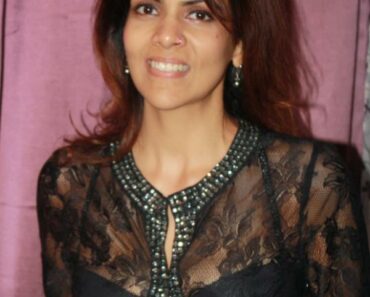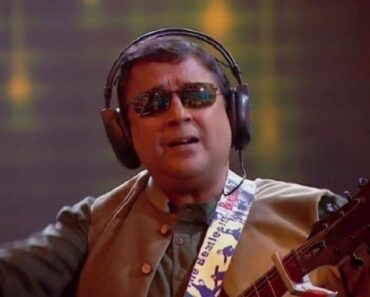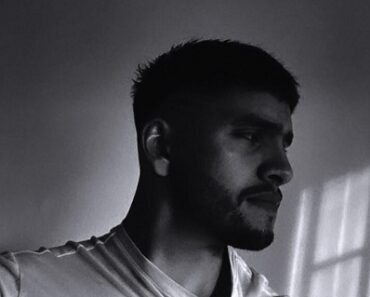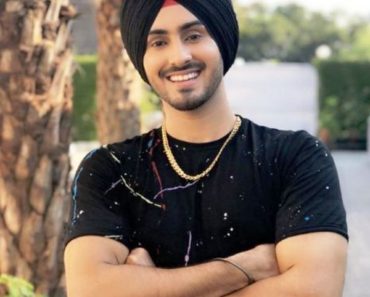Sachal Jazz Ensemble or Lahore Ensemble Group is a group of Pakistani musicians, who lost their jobs in the 1950s due to the introduction of a law in Pakistan. The group creates music by merging folk music with American jazz music.
Contents
The Inception of the Band
In 1958, while the American jazz artist Brubeck was performing in Lahore (Pakistan), a teenage Pakistani boy named Izzat Majeed was in the audience, who loved the performance and developed an interest in jazz music. By the 1960s, the film and music industry started gaining popularity among the people of Pakistan, but with the introduction of the Islamic regime and Sharia law in Pakistan, non-religious music started getting lesser attention by the audience and the Pakistani government. Many renowned Pakistani singers and musicians started going out of work and had to do jobs in coffee shops and drive rickshaws. In an interview, while talking about the situation of singers in Pakistan at that time, Majeed said,
We were just losing our instruments, we were losing our musicians, we were losing our culture. Something had to be done about it.”
After a few years, Majeed (a businessman and philanthropist) started a music studio named Sachal Studio with the aim to work for the musicians (who lost their job after the Islamic regime and Sharia law in Pakistan was introduced).
Formation of the Group
In the late 1990s, Majeed, along with the Pakistani music producer Mushtaq Soofi, formed a group of musicians from Lahore (who had lost their jobs due to the introduction of the Islamic regime and Sharia law in Pakistan). He named the group ‘The Sachal Ensemble’ or ‘The Lahore Jazz Ensemble.’ The musicians used to rehearse at his studio and record Pakistani folk songs. The group started making music for the international audience as the ratio of the local listeners in Pakistan was very less.
Members
Some of the members of the Sachal Ensemble Group are:
- Baqar Abbas – bansuri (flute)
- Nadeem Abbas – bass
- Rafiq Ahmad – daff (frame drum)
- Asad Ali – guitar
- Danish Ali – piano
- Najaf Ali – dholak (hand drum);
- Zohaib Hassan – sarangi (bowed string instrument)
- Ijaz Hussain – tabla (hand drum);
- Ali Shaiba – drums
- Nijat Ali – conductor
In an interview, Majeed talked about a few members of the group. He said,
Pappu was working at a roadside tea-stall and the cello that he had was so beat up that the strings had been replaced by plastic wire. When I presented him with a brand new instrument, he started crying. ‘Can you give it to me to take it home so I can play it?’ he asked longingly, not realizing that was my intention to begin with.”
He continued,
Others, such as Sabir Ali, were not so hard up but craved a consistent source of income. The middle-aged Ali, whose henna-dyed hair provide a striking contrast to the emerald drop studded in his ear, recalls an impressive career composing for the likes of Ataullah Eesa Khelvi and Hadiqa Kiyani. But with record labels fast putting a stop to releasing new albums, such opportunities were drying up. “Since Sachal came into being, it means that we’re never out of work.”
Rise of the Music Group
In his teens, Majeed had attended a concert of jazz music and inspired by it, he decided to merge folk songs with American jazz music. The Sachal Ensemble Group then uploaded a video on YouTube titled “Take Five” (a super hit song of the American jazz artist Dave Brubeck) comprising of folk and American jazz music which went viral. In an interview, while talking about ‘Take Five,’ Dave Brubeck said,
It’s the most interesting and different recording of ‘Take Five’ that I’ve ever heard.”
View this post on Instagram
Soon, the music group started gaining immense popularity among the international audience. In 2014, the group collaborated with the jazz artist Wynton Marsalis for a concert with the Lincoln Center Orchestra in New York City.
On 23 April 2016, the group performed for the first time in a concert in Lahore, Pakistan. On 20 May 2016, an American documentary film ‘Song of Lahore’ was released by the Universal Music Classics based on the struggle story of the ‘The Sachal Ensemble’ group. The documentary was produced by Sharmeen Obaid-Chinoy (Pakistani-Canadian journalist) and Andy Schocken (American documentary filmmaker). In 2019, the group was invited to perform at the reception event for the duke and duchess of Cambridge, UK.
The ‘The Sachal Ensemble’ or ‘The Lahore Jazz Ensemble’ has performed at various stage shows and concerts.
They have also performed for various fundraiser events organised in Pakistan and other countries.
In 2022, the group performed at the 14th season of the Pakistani music show ‘Coke Studio’ (Pakistan).

